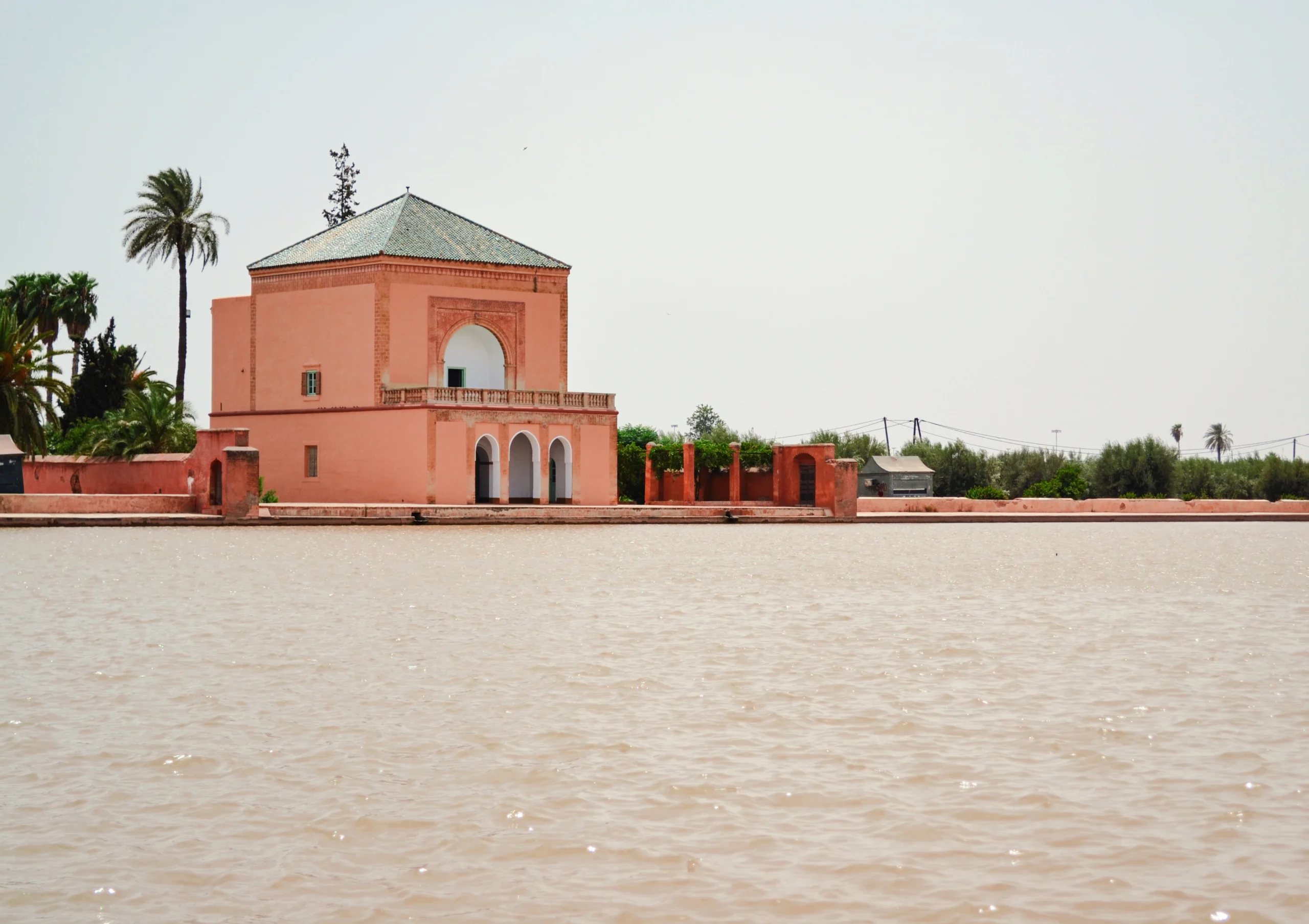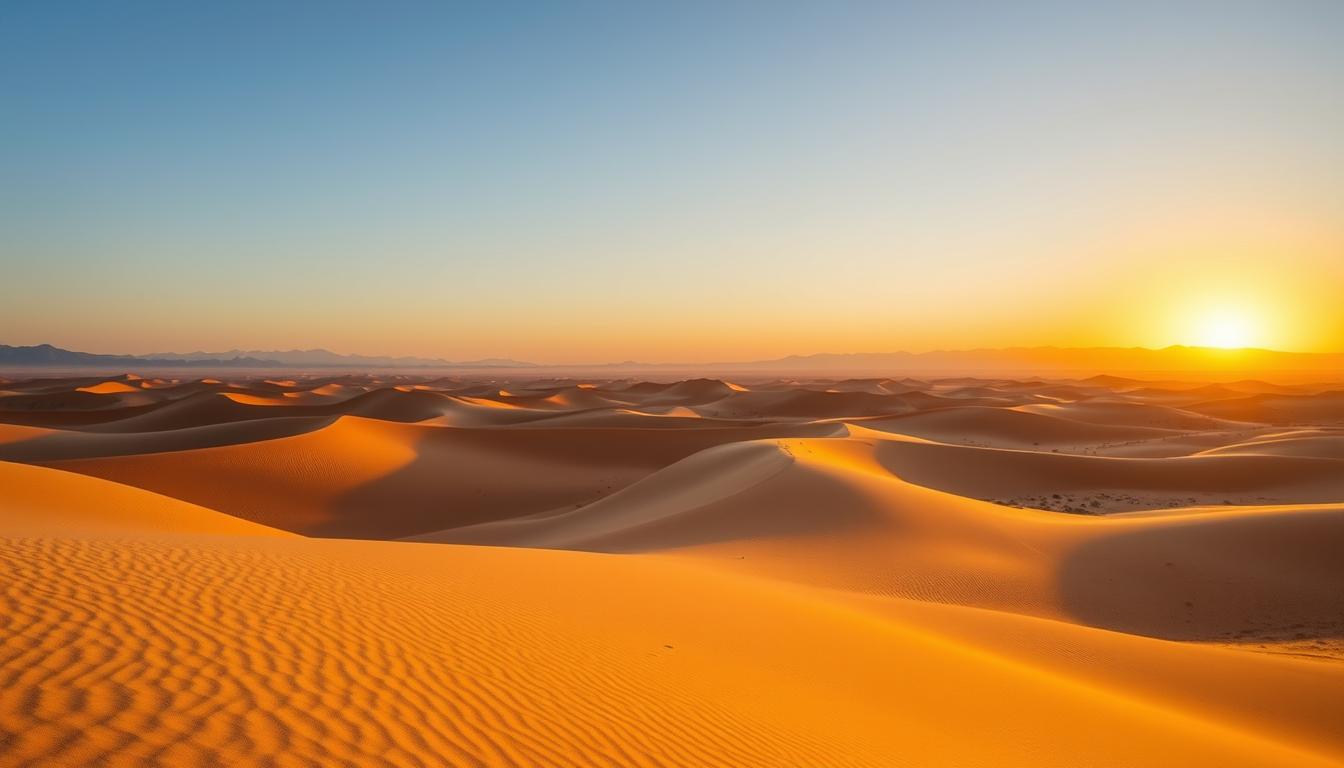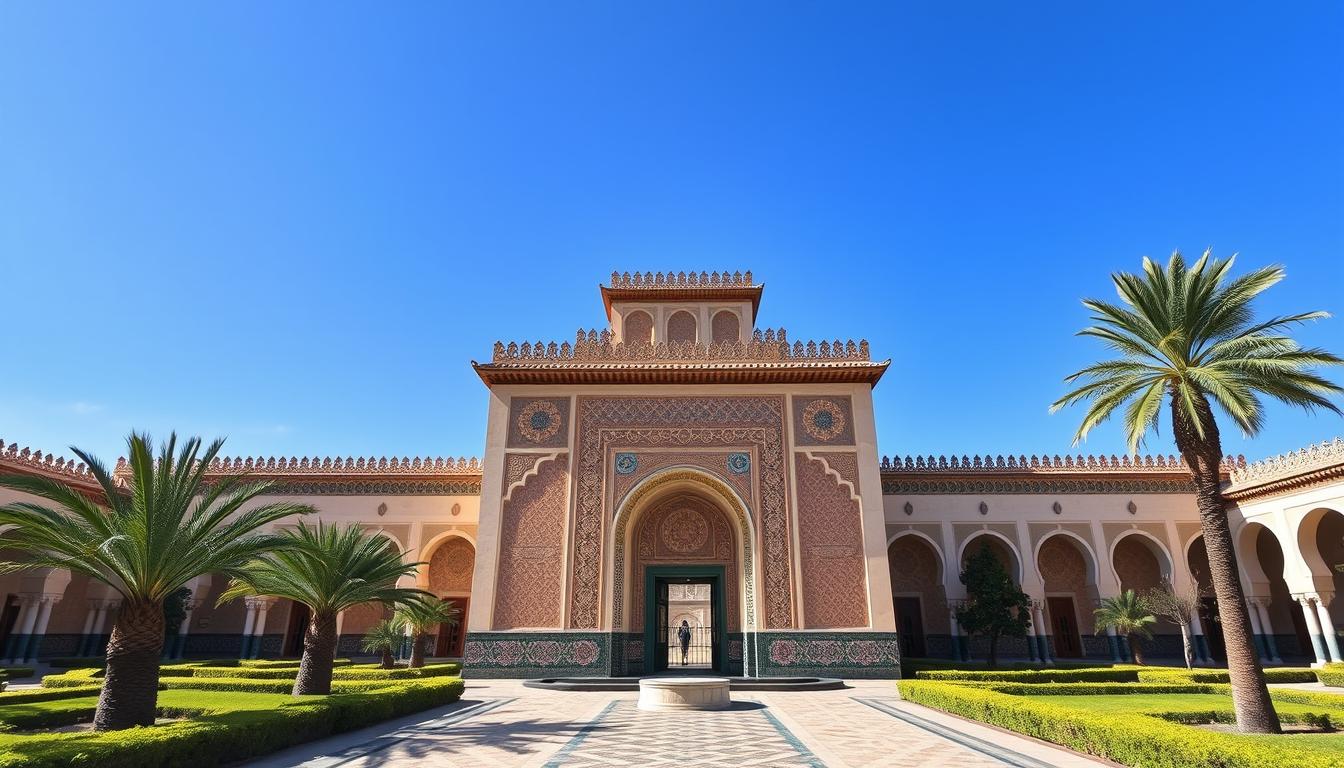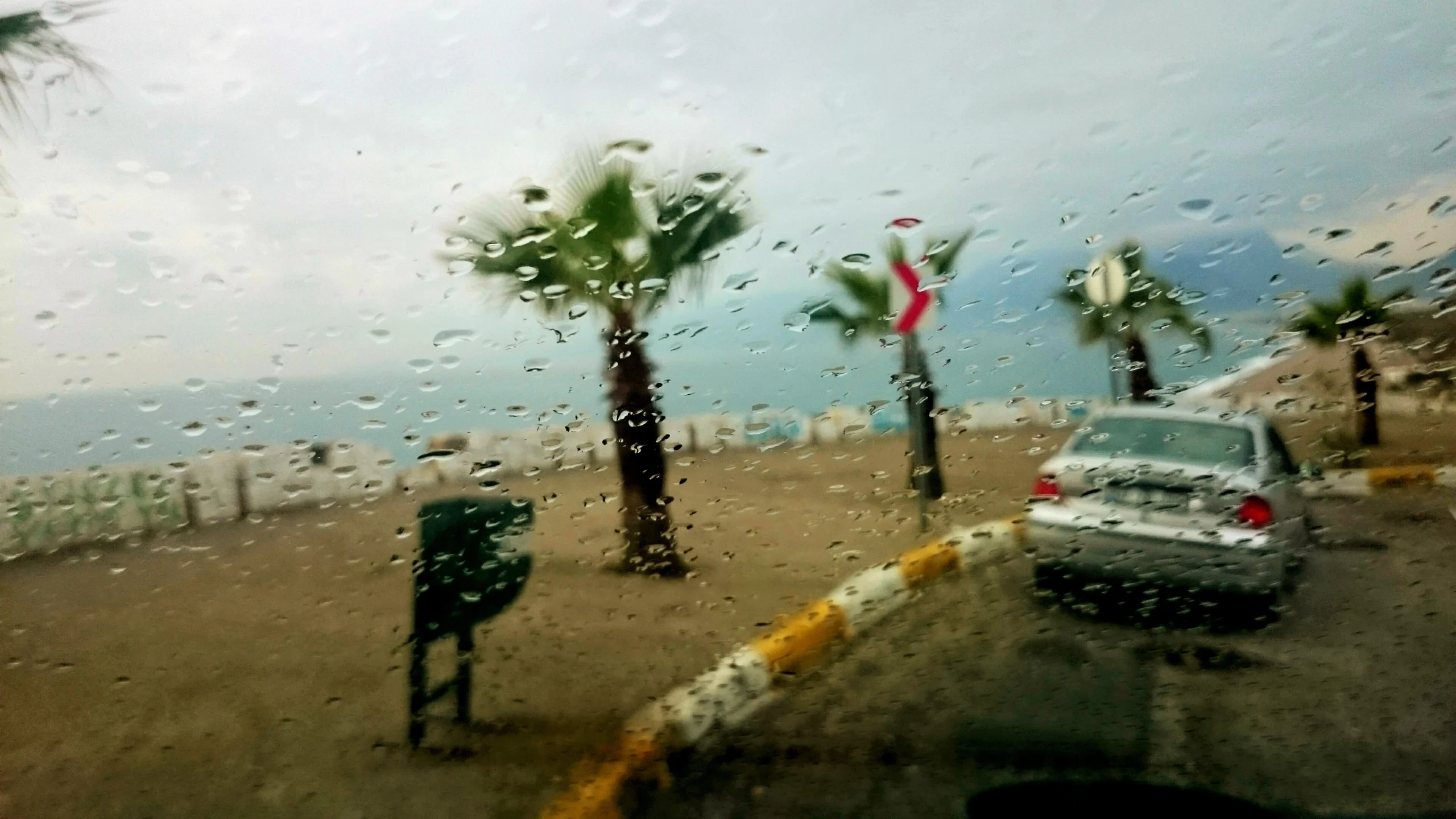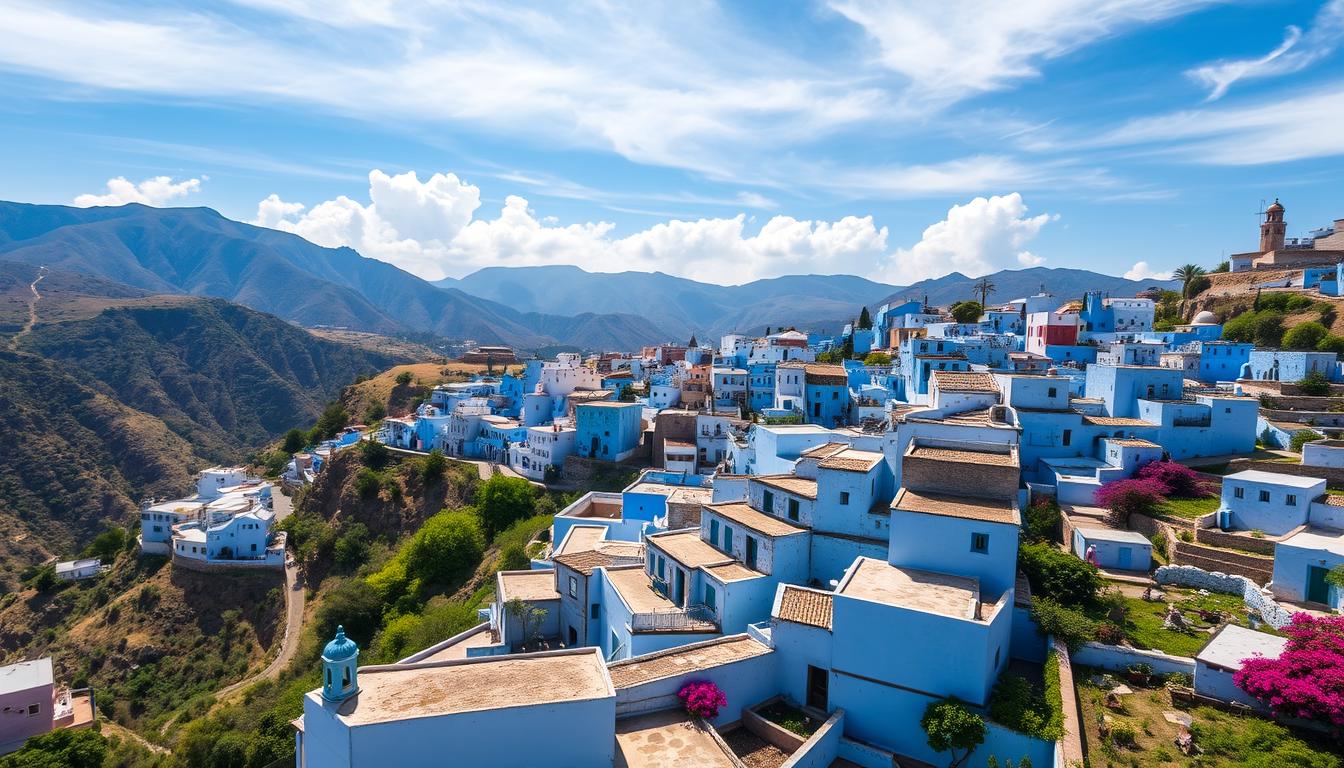Key Takeaways
- Discover a UNESCO World Heritage site with profound historical significance
- Experience an immersive cultural landscape unlike any other destination
- Explore centuries-old architectural marvels and historical monuments
- Engage with living traditions that have remained unchanged for generations
- Prepare for a sensory journey through Marrakech’s most iconic neighborhood
An Overview of the Medina in Marrakech
Stepping into the medina Marrakech Morocco is like entering a living museum. This ancient city is a mix of history, architecture, and tradition. It has amazed travelers for centuries. The medina is a testament to Moroccan civilization’s richness. Its narrow streets tell stories of the past. They show the beauty of berber culture and arabic architecture.Historical Background of the Medina
Marrakech’s medina was founded in the 11th century. It became a key trading center along important routes. The city was a crossroads for cultures, linking Africa to the Mediterranean.- Established during the Almoravid dynasty
- Served as a critical economic and cultural crossroads
- Preserved architectural styles from multiple historical periods
Cultural Significance of the Medina
“The medina is not just a place, but a living breathing entity that represents the soul of Moroccan heritage.” – Moroccan Cultural HistorianThe medina is more than beautiful buildings. It holds the memories of Moroccan people. It shows traditions passed down through artisans and merchants.
| Cultural Element | Significance |
|---|---|
| Architectural Design | Reflects intricacies of berber and arabic styles |
| Handicrafts | Keeps traditional making skills alive |
| Social Structure | Supports community life |
Key Attractions in the Medina
Marrakech’s Medina is filled with amazing historical monuments. These buildings show the rich culture of Morocco. They give visitors a deep look into the city’s history. The Medina has many stunning landmarks. These places are among the best Marrakech museums and historical sites. Each one has its own story of beauty and importance.The Koutoubia Mosque
The Koutoubia Mosque is the biggest mosque in Marrakech. Its 77-meter minaret is a key landmark. It shows the city’s culture and history.- Built in the 12th century
- Represents Almohad architectural style
- Visible from most parts of the city
The Saadian Tombs
The Saadian Tombs were hidden for years. They show the royal history of Morocco. The tombs have beautiful marble and tile designs, showing the wealth of the Saadian dynasty.| Feature | Description |
|---|---|
| Construction Period | Late 16th Century |
| Location | South Medina |
| Notable Burials | Sultan Ahmed al-Mansur and Family |
The El Badi Palace
The El Badi Palace was once very wealthy. Now, it’s ruins that tell stories of Marrakech’s past. These ruins show the grand architecture of the Saadian era.“To walk through El Badi Palace is to walk through the pages of Moroccan history” – Moroccan Historical Preservation SocietyThese Marrakech museums and historical sites take visitors on a journey through time. They show the rich culture of this amazing city.
Navigating the Medina’s Narrow Streets
Exploring the Medina in Marrakech, Morocco, is exciting and a bit tricky for newcomers. The streets twist and turn, making a beautiful maze. It’s important to know how to move through it. Getting ready for your trip to the Medina is essential for a great time. Here are some tips to help you:Essential Tips for First-Time Visitors
- Download offline maps of the Medina before your trip
- Carry a physical map as a backup to digital navigation
- Learn a few basic Arabic or French phrases
- Dress respectfully and blend in with local customs
How to Stay Safe in the Bustling Medina
- Keep valuables secure and out of sight
- Avoid displaying expensive jewelry or cameras
- Be firm but polite with persistent vendors
- Travel in groups when possible
- Trust your instincts and stay alert
“In the Medina, every corner tells a story, but wisdom keeps you safe.” – Marrakech Travel GuideMarrakech’s Medina is a place where culture and history meet. With caution and curiosity, you’ll explore its streets with confidence. You’ll make memories that will last a lifetime in this Moroccan gem.
Shopping in the Medina
Stepping into the souks Marrakech is like entering a world full of color and sound. It’s a shopper’s dream where Moroccan crafts and goods come alive. You’ll see beautiful displays and meet passionate vendors.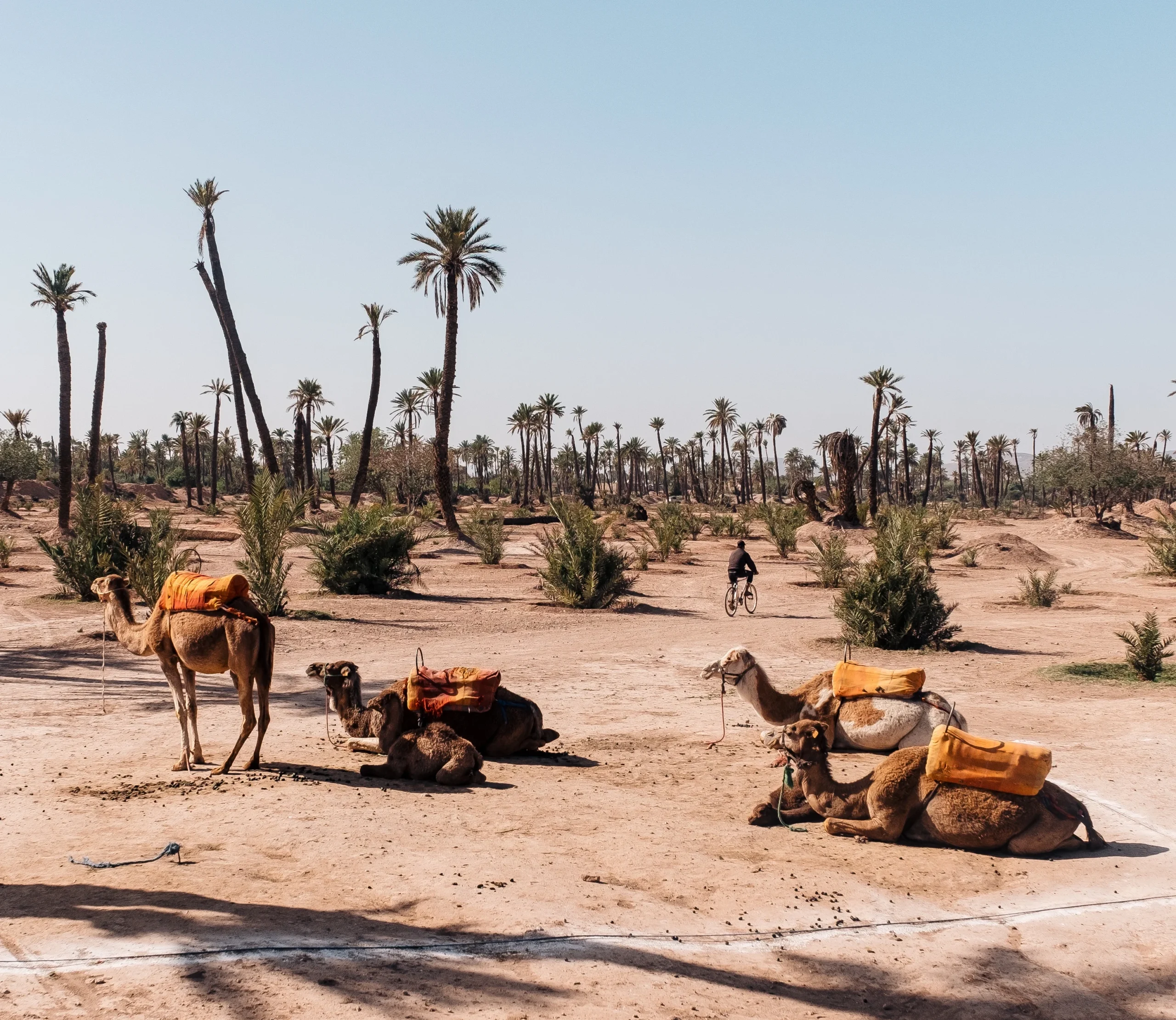
Souks: A Shopper’s Paradise
The souks Marrakech are more than markets. They are museums of artisan traditions. Each stall has a story of craftsmanship passed down through generations. You’ll find different sections for various Moroccan crafts:- Leather goods and traditional slippers
- Intricate metalwork and lanterns
- Vibrant textiles and carpets
- Spices and aromatic herbs
Tips for Bargaining Effectively
Bargaining is an art in Moroccan markets. Here’s how to start:- Always be friendly and respectful
- Know the approximate price range
- Be prepared to walk away
- Aim for 40-50% off the initial asking price
Must-Buy Moroccan Crafts
Don’t leave without these authentic Moroccan crafts:- Berber Rugs: Handwoven masterpieces with unique designs
- Ceramic Tagines: Traditional cooking vessels
- Argan Oil: Pure and locally produced
- Handmade Leather Bags: Exceptional quality and craftsmanship
“In Marrakech’s souks, every purchase tells a story of tradition and skill.” – Moroccan Artisan Proverb
Culinary Delights of the Medina
Marrakech’s Medina is a journey through moroccan cuisine that awakens your senses. It takes you to the heart of culinary tradition. The food scene is vibrant, promising an unforgettable adventure that mixes old recipes with local flavors.Traditional Moroccan Dishes to Savor
Here are some dishes you must try:- Tagine: A slow-cooked stew with tender meat and aromatic spices
- Couscous with vegetables and tender lamb
- Pastilla – a unique sweet and savory meat pie
- Harira soup, rich with tomatoes and lentils
Dining Experiences at Djemaa el-Fna Square
Djemaa el-Fna square turns into a culinary wonderland at night. Street food vendors create an electric atmosphere. You can sample authentic local dishes like grilled meats, fresh seafood, and traditional Moroccan breads.“Eating in Marrakech is not just a meal, it’s a celebration of culture and tradition.”
Recommended Restaurants and Street Food
For an authentic dining experience, check out these local favorites:- Cafe des Épices – traditional Moroccan cuisine
- Nomad Restaurant – modern take on local dishes
- Street food stalls at Djemaa el-Fna square
The Art of Moroccan Handicrafts
Morocco’s rich artistic heritage is seen in its amazing crafts. These crafts tell stories of generations of skilled artisans. Exploring traditional craftsmanship reveals a stunning visual language. This language speaks volumes about Morocco’s cultural diversity. Berber culture is key in shaping these artistic traditions. The craftsmanship shows deep connections to historical practices and local communities.Pottery and Ceramics: A Living Tradition
Moroccan pottery is an extraordinary art form with centuries-old roots. Artisans create stunning pieces using techniques passed down through generations:- Intricate blue ceramics from Fez
- Earthy green pottery from Tamegroute
- Geometric patterns reflecting berber culture
Textile Arts: Weaving Stories
Moroccan textiles and rugs are more than just decorations. They are narrative canvases. Each thread captures the essence of moroccan crafts, with designs that communicate cultural memories and artistic expressions.“In every rug, there’s a story waiting to be understood.” – Moroccan Artisan ProverbWhen choosing authentic pieces, look for hand-woven rugs with traditional Berber symbols and natural dye techniques. These textiles represent a living connection to Morocco’s rich artistic heritage.
The Medina’s Vibrant Markets
The souks marrakech are a burst of color, sounds, and traditions. They take you right into the heart of Moroccan culture. These markets, hidden in the Medina’s ancient walls, offer a shopping experience unlike any other. As you explore the market streets, you enter a world where art meets commerce. Each souk is filled with unique crafts and products. This creates a colorful tapestry of local talent.Exploring Different Souks
- Spice Souk: A fragrant paradise of colorful spices and herbs
- Jewelry Souk: Glittering displays of traditional Moroccan silverwork
- Carpet Souk: Handwoven textiles with stunning designs
- Metalwork Souk: Crafting beautiful brass and copper pieces
Seasonal Markets and Festivals
The djemaa el-fna square changes with the seasons. It hosts special markets and festivals that highlight local traditions. Summer evenings are lively, while winter brings cozy, craft-focused events.“In Marrakech’s markets, every purchase tells a story of centuries-old craftsmanship.” – Moroccan Artisan CollectivePro tip: Visit early morning or late afternoon. This is when the markets are most real. Local artisans are busy, and the crowds are smaller.
Moroccan Culture and Traditions
The Medina of Marrakech is alive with the rich berber culture. It offers a deep look into Morocco’s lively social scene. Here, traditions are more than just practices; they are stories passed down through generations. They connect community, hospitality, and deep customs.Festivals Celebrated in the Medina
Marrakech’s festivals show the city’s lively spirit. Key celebrations include:- Eid al-Fitr: A major religious festival marking the end of Ramadan
- Mawazine Festival: An international music event celebrating global and local artists
- Marrakech International Film Festival: Showcasing cinema from around the world
Local Customs to Be Aware Of
Knowing local etiquette is key when enjoying moroccan cuisine and social interactions. Respect and politeness are very important in berber culture.“In Morocco, hospitality is not just a practice, it’s an art form.” – Traditional Moroccan Proverb
| Cultural Practice | Significance |
|---|---|
| Tea Ritual | Symbol of friendship and hospitality |
| Greeting Customs | Handshakes and warm embraces |
| Dress Code | Modest clothing recommended |
Accommodations in and Around the Medina
Finding the right place to stay in Marrakech’s medina can make your trip unforgettable. The medina’s heart has many places to stay. They mix old charm with today’s comforts.Riads: A Unique Moroccan Sanctuary
Riads in Marrakech are the true Moroccan stay experience. These old houses have:- Beautiful courtyards with fountains
- Stunning tile work and carved wood
- A cozy feel with few rooms
- Personal service and real beauty
“Staying in a riad is like stepping into a living piece of Moroccan history.”
Diverse Accommodation Choices
In the medina, you can find everything from fancy to affordable stays. Here are some options:- Boutique riads with amazing rooftop views
- Old guesthouses restored to their glory
- Modern hotels with a touch of tradition
- Affordable hostels close to sights
Transportation Options within the Medina
Exploring Marrakech’s medina in Morocco needs careful planning. Knowing how to get around makes your trip better. You’ll enjoy the historic sights more. Walking is the best way to see the medina’s streets. The narrow paths and hidden spots show Marrakech’s real beauty. You’ll find hidden gems and feel the local vibe.Walking: The Ultimate Exploration Method
- Allows intimate exploration of Marrakech’s medina
- Zero transportation costs
- Opportunity to interact with local vendors
- Best for short distances
Alternative Transportation Options
When walking is hard, Marrakech has other ways to get around:- Horse-drawn carriages (calèches): Traditional and picturesque
- Small motorized vehicles for longer routes
- Bicycle rentals for more adventurous travelers
Taxi and Ride-Sharing Services
For places outside the medina, taxis and ride-sharing are good. Always agree on prices first. Use official taxi stands for fair rates.“In Marrakech’s medina, your feet are your best guide, but don’t hesitate to use local transportation when needed.”Knowing these options makes traveling through Marrakech’s medina easy. You’ll have a great Moroccan adventure.
Recommended Tours and Experiences
Exploring the Marrakech Medina is more than just walking its narrow streets. It becomes magical with tours and experiences that show the city’s soul. These tours reveal the rich history and culture of this ancient place. Discovering the Medina’s rich history needs more than just walking. Professional tours give deep insights into moroccan crafts and local culture. You might miss these if you wander alone.Guided Tours of the Medina
- Historical Walking Tours focusing on ancient architectural sites
- Photography Expeditions capturing Medina’s vibrant streetscapes
- Artisan Workshops exploring traditional moroccan crafts
- Culinary Exploration tours through local markets and kitchens
Unique Experiences to Consider
| Experience | Duration | Highlights |
|---|---|---|
| Traditional Hammam Bath | 2-3 hours | Authentic wellness ritual |
| Cooking Class | 4-5 hours | Learn authentic Moroccan recipes |
| Sunset Rooftop Experience | 1-2 hours | Panoramic views of historical monuments |
“The real magic of Marrakech lies not just in seeing, but in experiencing.” – Local Moroccan Proverb
Best Times to Visit the Medina
Planning your trip to Marrakech’s medina is key. The right time can make your visit unforgettable. It lets you experience the magic of this historic place.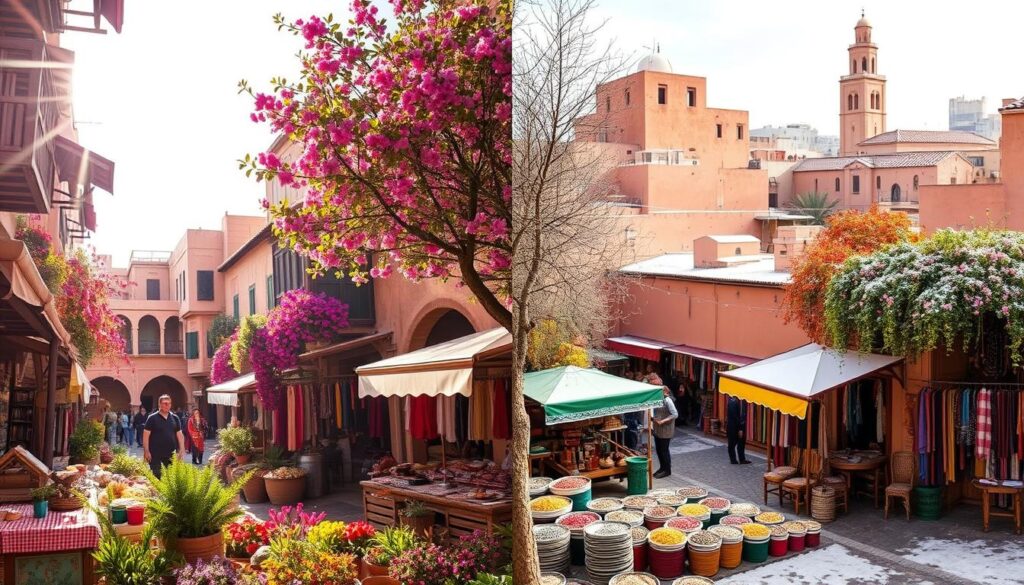
Seasonal Climate Considerations
Marrakech’s weather changes with the seasons. Knowing these changes helps you get ready for your medina adventure.- Spring (March-May): Mild weather, perfect for exploring
- Summer (June-August): Very hot, best for early or late visits
- Autumn (September-November): Nice weather, around 70-85°F
- Winter (December-February): Cool, with fewer tourists
Local Events and Festivals Calendar
The medina in Marrakech buzzes with cultural events all year. These celebrations can make your trip even more special.- Marrakech International Film Festival (November-December)
- Popular Arts Festival (July)
- Ramadan Celebrations (dates vary annually)
- Marrakech Folklore Festival (Summer)
“The magic of Marrakech reveals itself not just through its spaces, but through its rhythms and celebrations.” – Moroccan Travel InsightChoosing the right time can greatly enhance your Marrakech experience. Whether you want to dive into culture or enjoy the weather, plan carefully for the best Moroccan adventure.
Conclusion: Embrace the Magic of the Medina
The Medina of Marrakech is a journey through time. It combines stunning Arabic architecture with lively cultural experiences. Exploring this UNESCO World Heritage site, you see ancient traditions meet modern life. Every street, market, and monument has a story to tell. Visiting the medina marrakech morocco is like stepping into a unique world. You’ll see amazing tile work, carved wooden doors, and traditional riads. The sounds of artisans and the smells of spice markets offer a true taste of Moroccan culture.Final Thoughts on Your Visit
Getting ready for your trip means being open and spontaneous. The medina is best explored with curiosity and respect. Wear comfy shoes, learn some Arabic, and enjoy getting lost in the souks and historic sites.Call to Action for Exploring More
Your trip to the Medina is more than a holiday—it’s a life-changing experience. Start planning, look for guided tours, and talk to local travel experts. The magic of Marrakech’s medina is waiting for you to discover it.FAQ
What is the Medina of Marrakech?
The Medina of Marrakech is a UNESCO World Heritage site. It’s the historic heart of Marrakech, Morocco. It’s filled with narrow streets, ancient buildings, and traditional souks. It shows the rich Berber and Arabic culture of the city.
How old is the Medina of Marrakech?
Founded in 1062 by the Almoravid dynasty, the Medina is over 950 years old. It has kept Arabic architecture and Moroccan craftsmanship alive for centuries.
Is it safe to explore the Medina?
It’s generally safe, but take precautions. Be mindful of your surroundings and keep valuables safe. Hiring a licensed guide can make your visit safer and more enjoyable.
What are the must-visit attractions in the Medina?
Must-sees include the Koutoubia Mosque, Saadian Tombs, and El Badi Palace. Don’t miss Djemaa el-Fna Square. The souks, riads, and museums are also worth visiting.
What should I buy in the Marrakech Medina?
Look for Moroccan crafts like handwoven rugs, leather goods, and ceramics. Spices, textiles, metalwork, and pottery are also great buys. Bargaining is part of the fun!
What is the best time to visit the Medina?
Spring (March to May) and autumn (September to November) are the best times. The weather is mild, perfect for exploring without the summer heat or winter cold.
How do I get around the Medina?
Walking is the best way to see the narrow streets. For longer trips, use small taxis, calèches, or local guides. A map or GPS app can help navigate the maze.
What traditional foods should I try in the Medina?
Try Moroccan dishes like tagines, couscous, and pastilla. Harira soup and mint tea are also must-tries. Djemaa el-Fna Square has amazing street food stalls.
What should I wear when visiting the Medina?
Dress modestly, covering shoulders and knees. Wear lightweight, breathable clothes for the warm weather. Comfortable shoes are key for the cobblestone streets.
Can I stay inside the Medina?
Yes! Riads offer a unique stay within the Medina. They let you experience traditional Moroccan architecture and hospitality.

